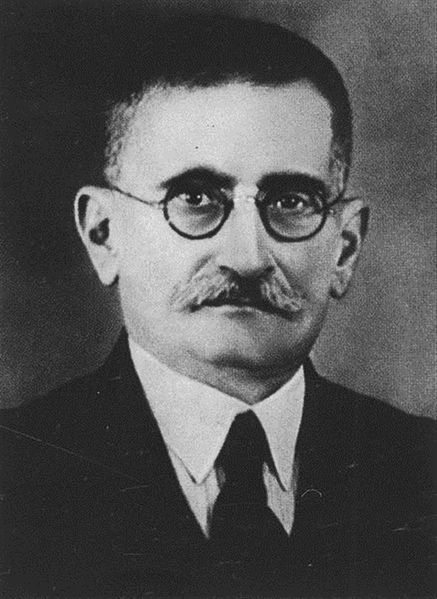Palestinian nationalism is the national movement of the Palestinian people that espouses self-determination and sovereignty over the region of Palestine. Originally formed in the early 20th century in opposition to Zionism, Palestinian nationalism later internationalized and attached itself to other ideologies; it has thus rejected the occupation of the Palestinian territories by the government of Israel since the 1967 Six-Day War. Palestinian nationalists often draw upon broader political traditions in their ideology, such as Arab socialism and ethnic nationalism in the context of Muslim religious nationalism. Related beliefs have shaped the government of Palestine and continue to do so.
A 1930 protest in Jerusalem against the British Mandate by Palestinian women. The sign reads "No dialogue, no negotiations until termination [of the Mandate]".
Haj Amin al-Husseini meeting with Gamal Abdel Nasser, the future Egyptian president, in 1948
Yitzhak Rabin, Yasser Arafat and Bill Clinton at the signing of the Oslo Accords, 13 September 1993
Demonstration in Amman, Jordan, during the 2021 Israel–Palestine crisis
Palestinians or Palestinian people, also referred to as Palestinian Arabs, are an ethnonational group descending from peoples who have inhabited the region of Palestine over the millennia, and who today are culturally and linguistically Arab.
A depiction of Syria and Palestine from CE 650 to 1500
Khalil Beidas (1874–1949) was the first person to self-describe Palestine's Arabs as "Palestinians" in the preface of a book he translated in 1898.
Palestinian mother and child
A 1930 Palestinian women's protest in Jerusalem against the British Mandate. The sign reads "No dialogue, no negotiations until termination [of the Mandate]"







